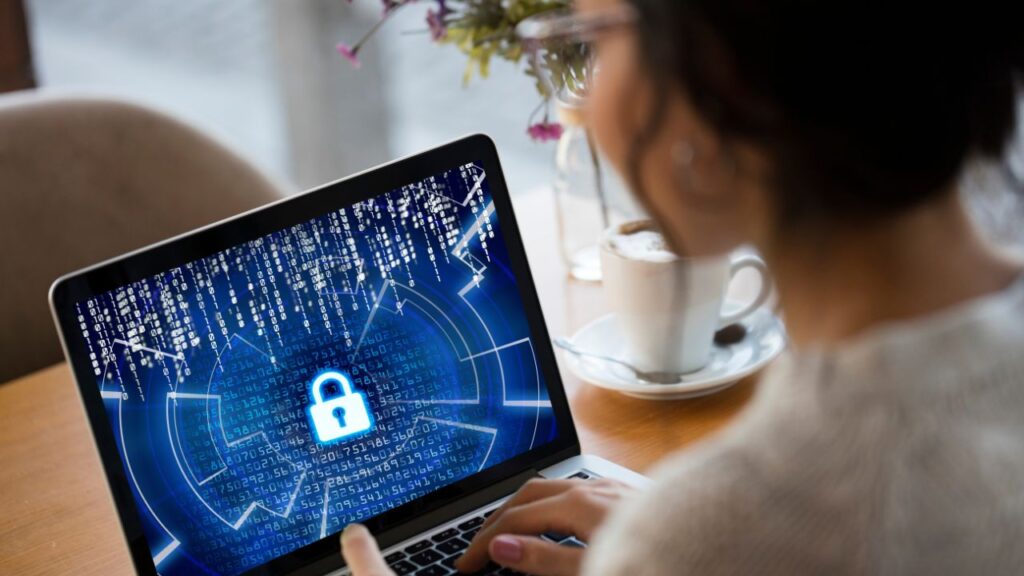An increasing number of women are falling victim to cyber crimes. Studies show that women use the Internet to enrich their relationships more than men. Unfortunately, young women aged 18-24 experience severe types of harassment, including online stalking and sexual harassment, at disproportionately high levels.
With the growing reach of the Internet and the rapid spread of information through mobile devices, it’s crucial to be aware of the risks and stay vigilant.
Empowering yourself in cybersecurity is not just about personal safety; it also contributes to a safer online environment for everyone. By implementing these tips and staying alert, women can confidently navigate the digital world and protect themselves from potential online threats.
Knowledge and awareness are your best allies in the ever-evolving landscape of cybersecurity. Here are some valuable tips to ensure your online safety:
Top Cybersecurity Tips Every Woman Should Know
1. Use Strong Passwords and Enable Two-Factor Authentication

Start with the basics: create strong, unique passwords for all your online accounts. Use a combination of upper and lower-case letters, numbers, and symbols. Avoid easily guessable information like birthdays or common words.
Enable Two-Factor Authentication (2FA) whenever possible. This adds an extra layer of security by requiring a second form of verification, such as a text message code or an authentication app, in addition to your password.
2. Don’t Share Passwords
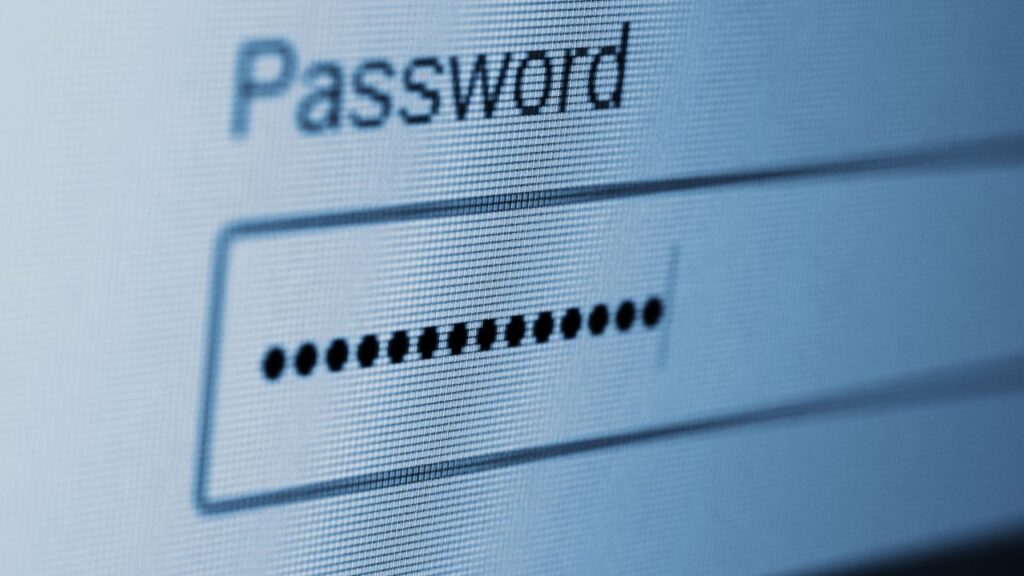
It might sound obvious, but many people still share their passwords with trusted friends or partners. Even though friends may not intend to cause harm, they could accidentally reveal your password to someone else.
Relationships can change, but your password shouldn’t be compromised because of it. Use discretion and keep your passwords private and complex.
3. Make Your Profile More Private
Enhancing the privacy of your profile can immediately reduce the risk of your personal information being used maliciously. Adjust your settings to control who can see your posts, such as limiting visibility to “close friends” rather than “everyone.” Be mindful of how many followers you don’t know personally, as even a private account requires caution.
4. Reveal Only What’s Necessary

There are too many sinister characters browsing social media sites to initiate friendships with unsuspecting women. Be cautious about sharing details of your whereabouts and lifestyle. Stalkers can use a simple photograph or status update to find ways to reach you.
Disable geotagging on your camera, enabling it only when necessary. Any device with location services enabled can expose your exact location at any given time, so manage these settings carefully.
5. Block People You Don’t Want to Interact With
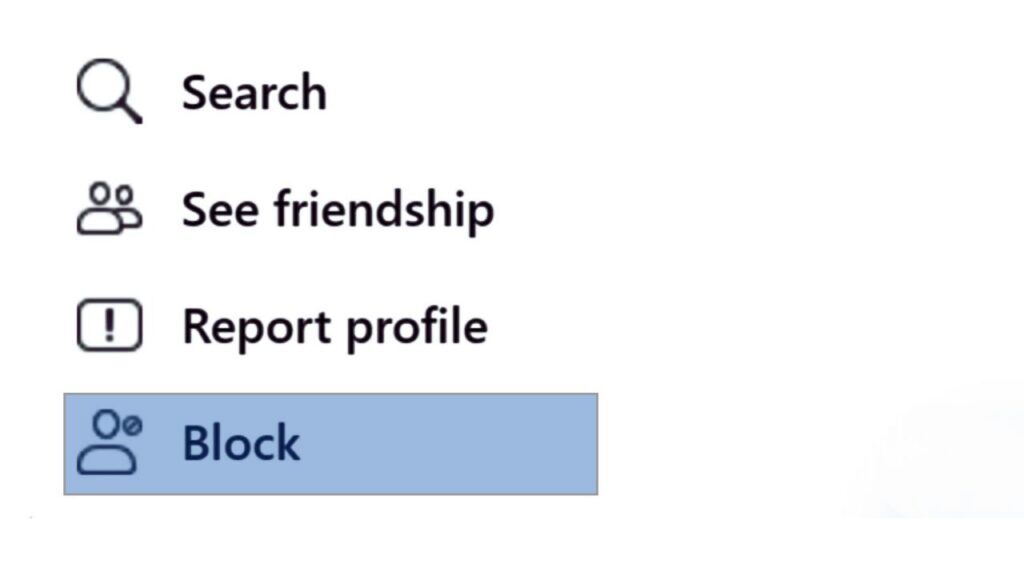
Never feel awkward about declining friend requests from people you barely know. Trust your instincts, and feel free to ignore, unfriend, or block them. You have control over who stays on your friend list.
Common sense is your first line of defense for both online and offline safety. Your instincts are crucial to your protection. If something feels off, trust your gut. You don’t owe anyone an explanation for your decisions regarding your safety.
6. Discern Before Downloading
Be cautious with unsolicited emails, messages, or texts, and never open attachments or links from unknown senders. Cybercriminals often use phishing, a type of social engineering attack, to trick people into downloading malware by disguising it as something else. Always verify the source before downloading anything.
7. Secure Your Devices with Anti-Virus Software
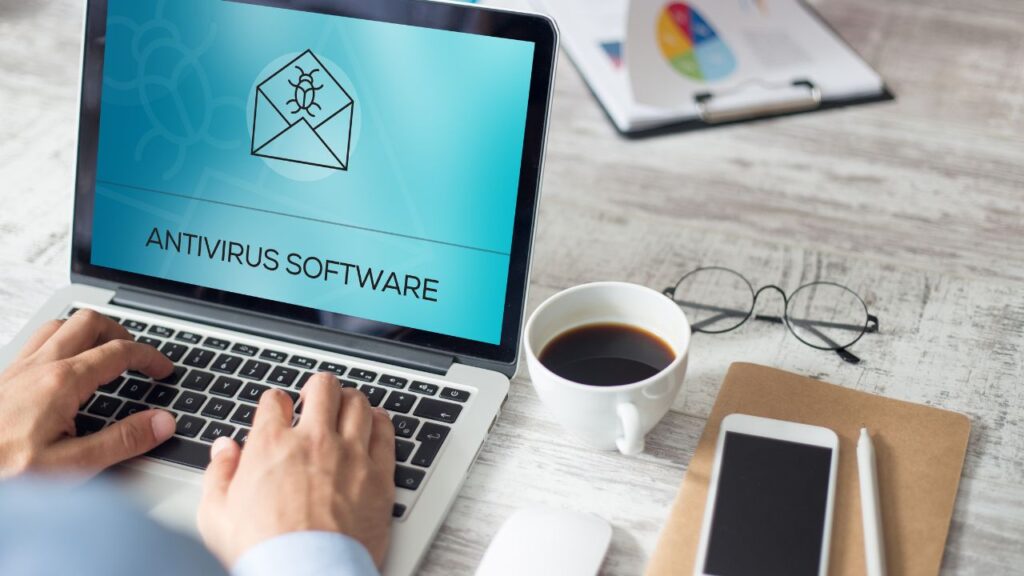
Having a mobile phone or tablet without a security system is like sitting in a house with the doors unlocked. Both Android and Mac devices are vulnerable to malicious software. Always install reliable security software, like Norton Security, on all your devices to protect against potential threats.
8. Validate Before Paying
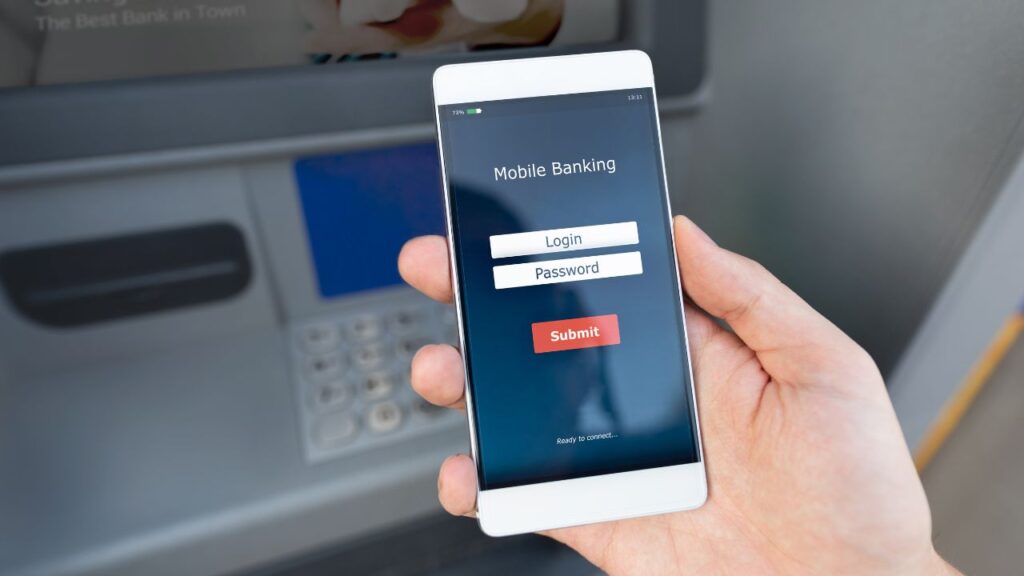
When making online transactions, it’s crucial to protect your financial assets and identity. Shop only on reputable websites, use credit cards for added protection, and be wary of offers that seem too good to be true. Taking these precautions can help safeguard your personal information and financial security.
9. Avoid Using Public Wi-Fi Hotspots

Public Wi-Fi hotspots at coffee shops, airports, hotels, and other locations can be risky. Stick to your mobile network and create a personal Wi-Fi hotspot with your phone for a more secure connection.
If you must use public Wi-Fi, ensure you use a Virtual Private Network (VPN) to protect your communications from being intercepted.
Conclusion
In an age where cyber threats are rampant, many women are particularly vulnerable to cyber attacks and identity theft. By practicing good cyber hygiene, such as creating strong passwords, enabling multi-factor authentication, and being cautious with personally identifiable information, women can significantly enhance their online safety. It’s essential to be vigilant about suspicious links and to avoid sharing sensitive information on social media accounts.
Implementing these cybersecurity tips can help protect against cyber attacks and maintain privacy. With the rise of artificial intelligence, staying informed and proactive is more critical than ever. Prioritizing these practices will ensure that women can navigate the digital world safely and confidently.

